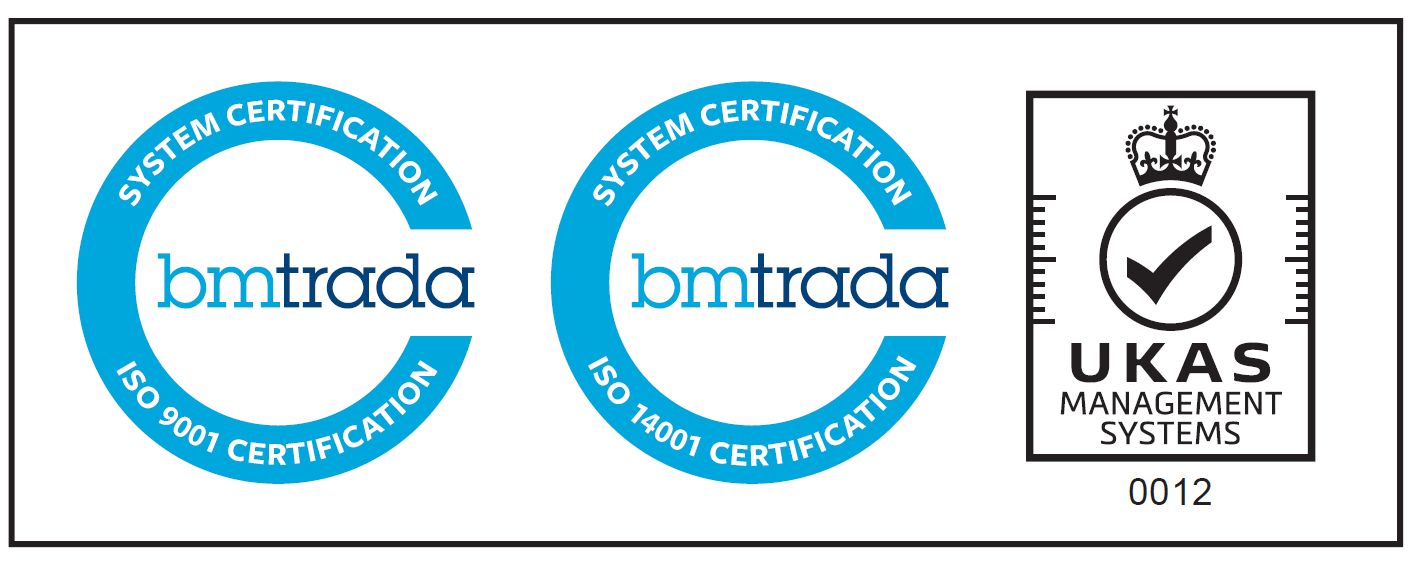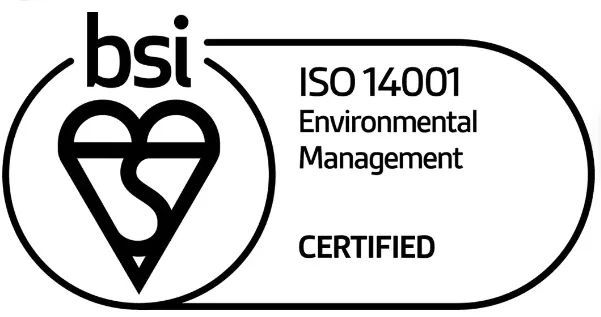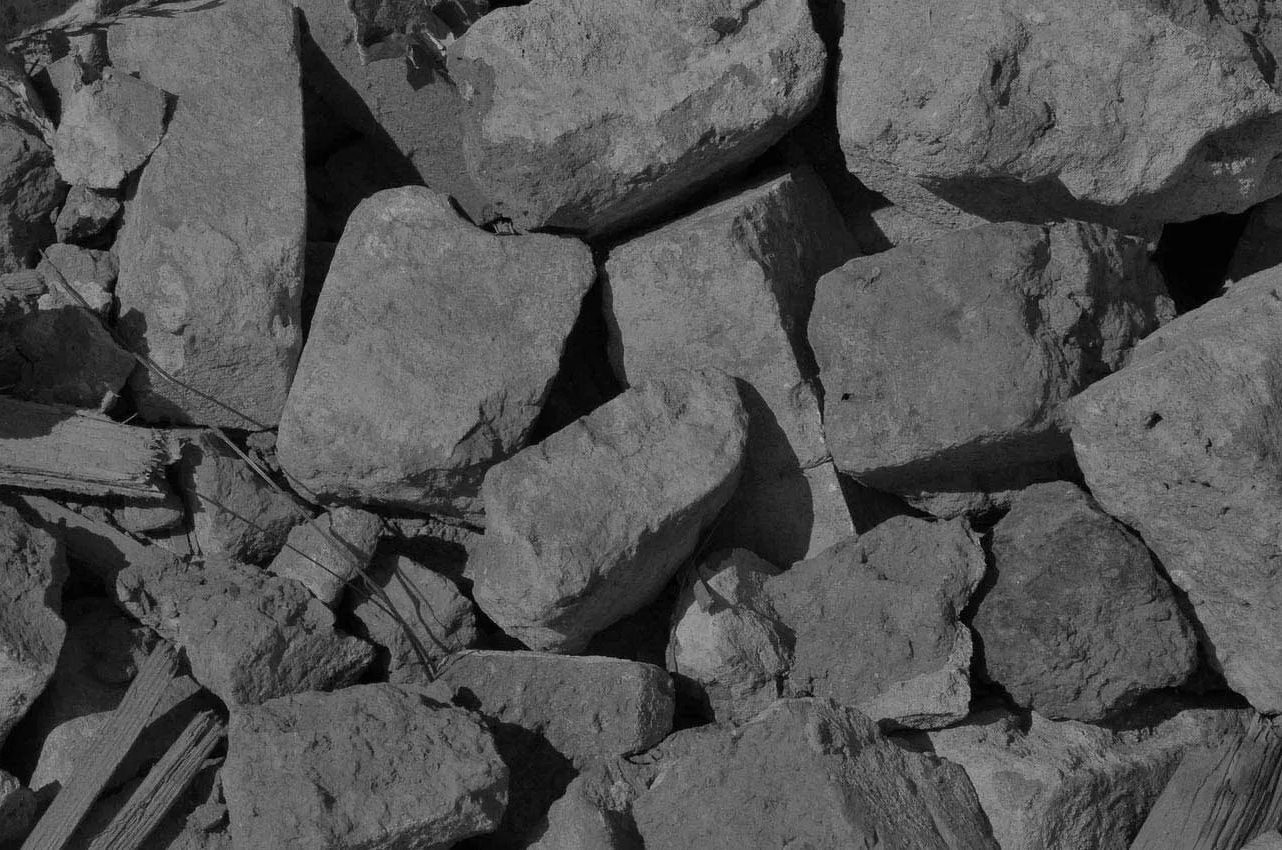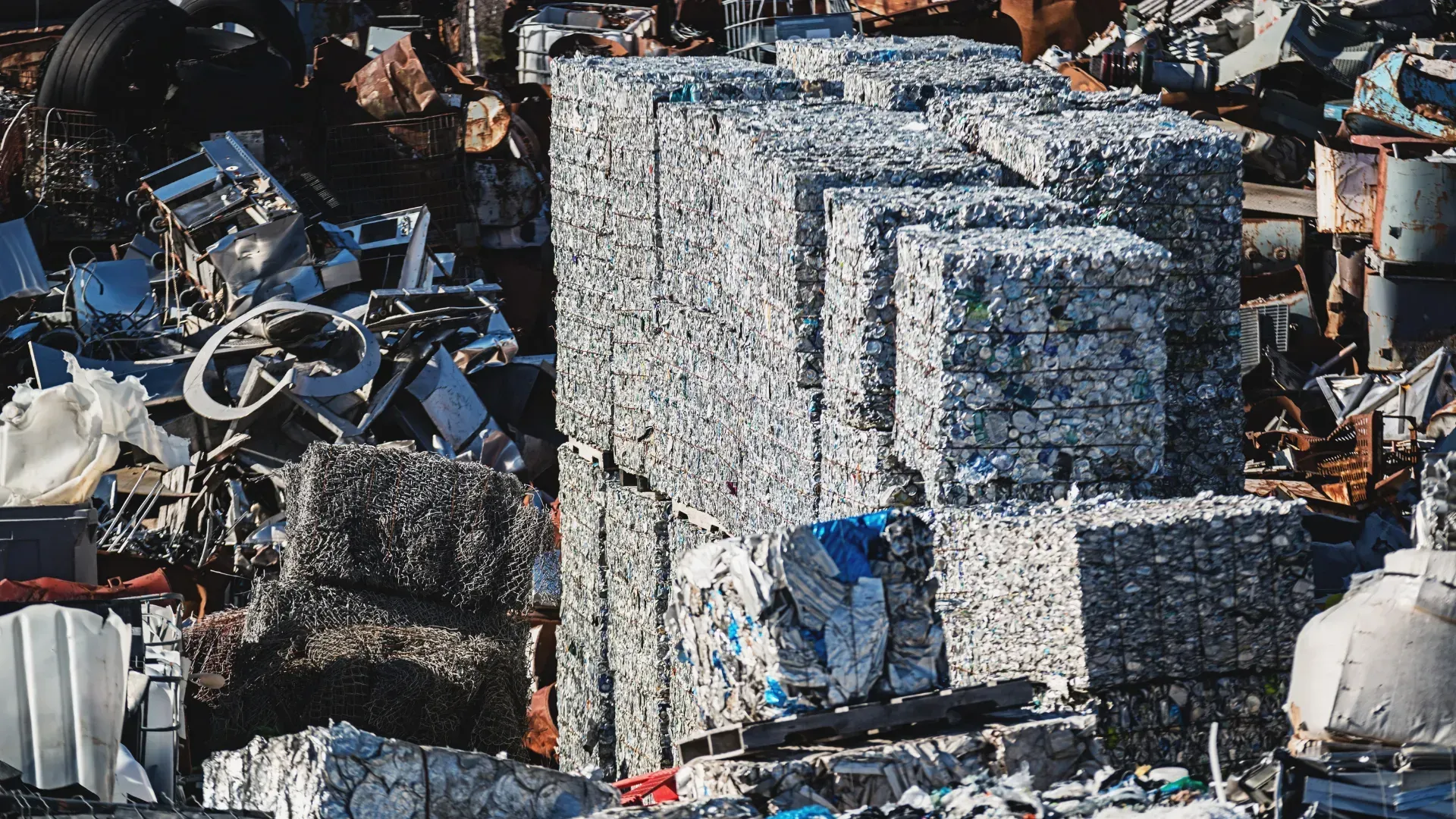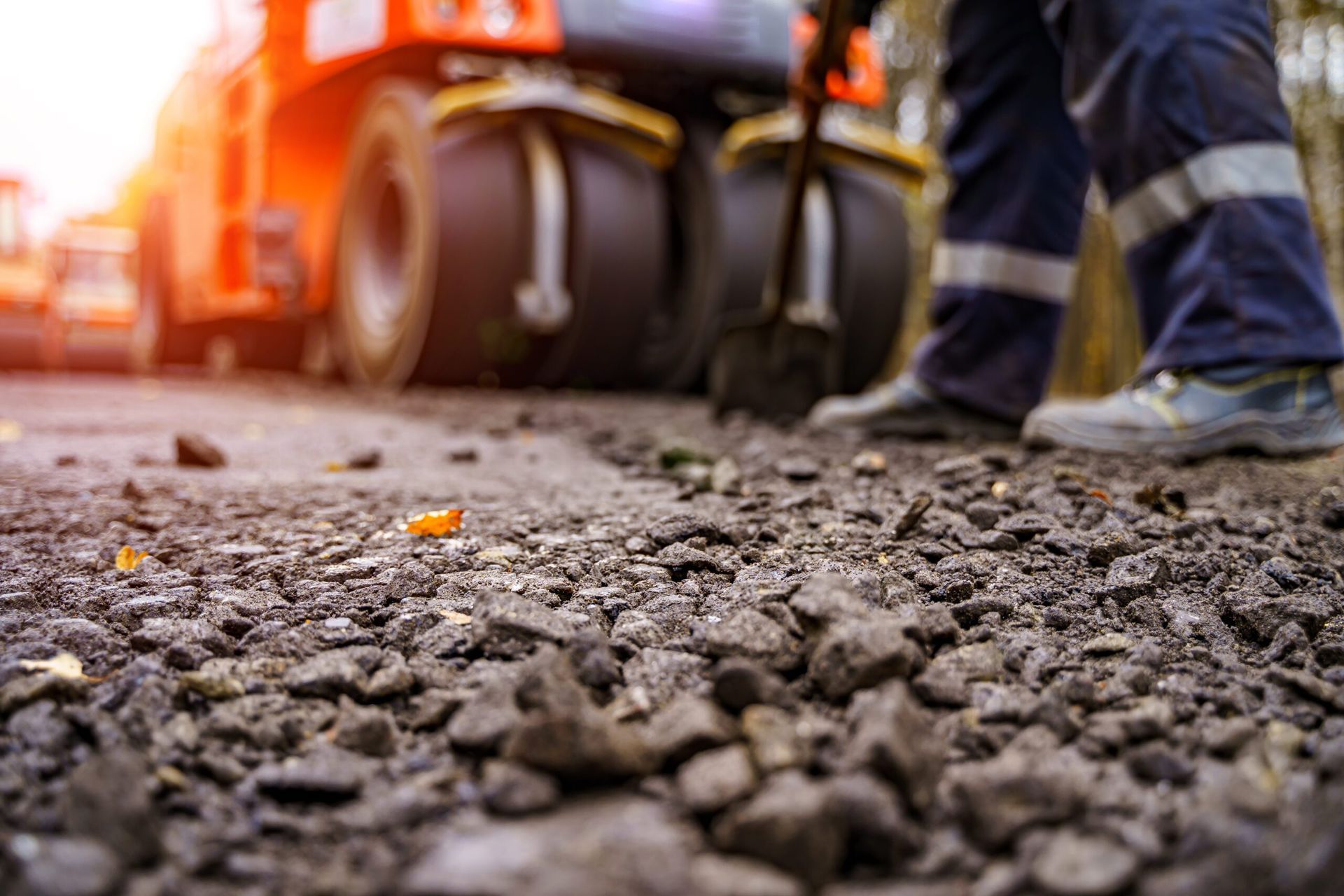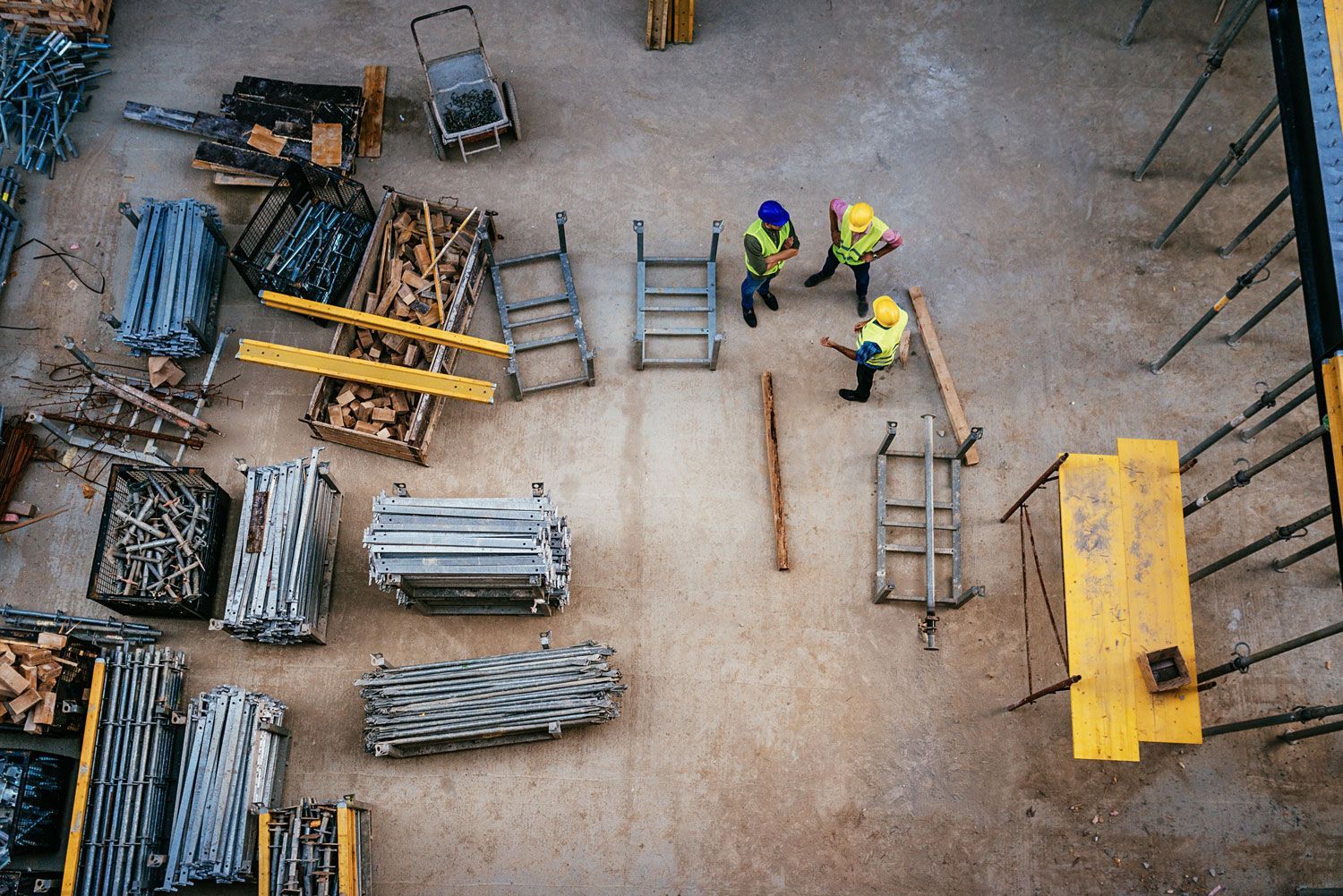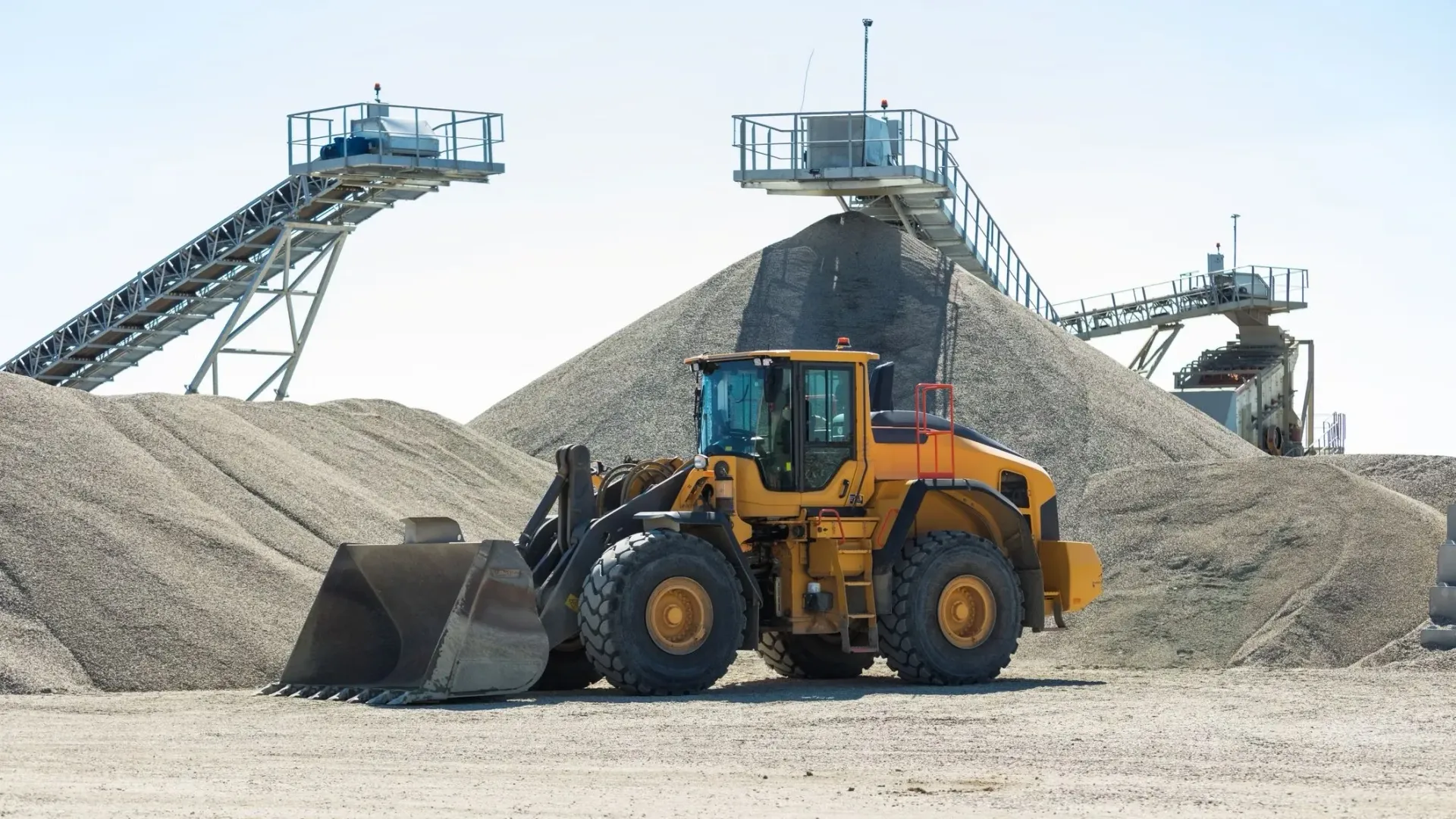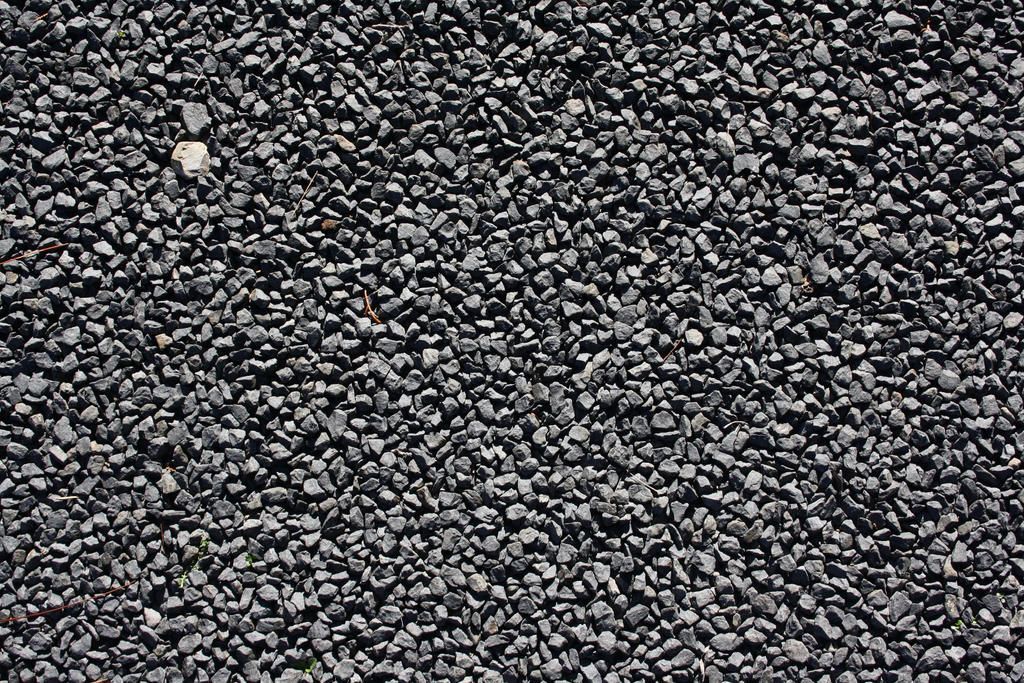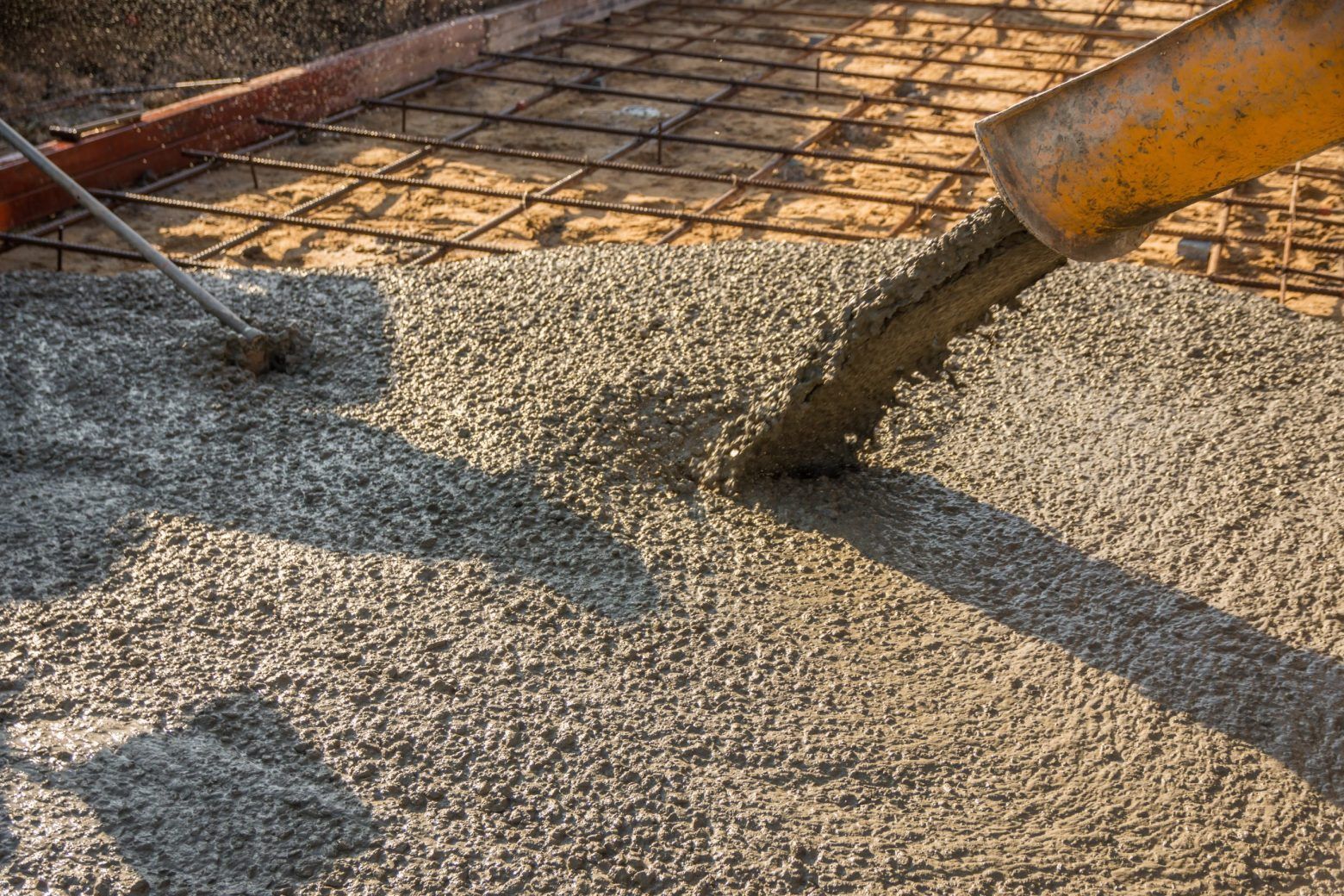Five Innovative Ways to Improve Waste Management Systems
From financial constraints to the ever-present threat of climate change, the waste management industry faces more challenges than ever before. However, through sustainable policies and targeted efforts to spread awareness, there are many ways that current waste disposal methods can be improved. Read on to discover some innovative ways to help transform waste management systems.
Current waste management challenges
Managing and disposing of waste properly affects our quality of life, public health and the environment. Here are the top challenges currently faced by the waste management sector:
● Lack of adequate collection and disposal infrastructure
● Financial constraints
● Lack of support from local communities
● Ineffective recycling or composting
● Climate change
Improving waste management systems
When it comes to tackling waste management issues, there are several creative solutions out there. Innovative ways to improve waste management systems include:
Efficient waste processing systems
Efficient collection and disposal methods can ensure waste is gathered and disposed of in a secure, environmentally-friendly way. These could include:
● Regular pick-ups
● Well-designed waste bins
● Routes that minimise time and resources
● Waste tracking and reporting systems
Spreading public awareness
Education and targeted awareness campaigns are essential to encourage sustainable waste management practices. Informing the public about the negative impacts of waste on the environment and human health is crucial to helping people change their harmful waste disposal methods. By teaching the public about the value of waste reduction, recycling, composting and other activities, individuals will be encouraged to adopt sustainable lifestyles.
Fines and incentives
Handing out fines to people who disregard waste management policies can be effective at ensuring citizens comply with the rules. Companies may be more likely to implement proper waste disposal procedures, resulting in a lowered overall quantity of waste produced and improved effectiveness of systems managing waste. Additionally, introducing incentives such as monetary awards, tax credits, recognition programs, and other advantages can also help people change their attitudes towards waste management.
Investing in recycling infrastructure
Robust composting and recycling infrastructure will reduce the amount of waste sent to landfills. Investing in this area involves the construction of recycling, composting facilities, and other waste processing and disposal infrastructure, in addition to funding research and development into new creative solutions for managing waste. Expansion in the waste management sector can create new job opportunities, as well as reducing the volume of waste being transferred to landfills in rural regions.
Keeping climate change in mind
Climate change can impact waste management systems in many ways. From changing precipitation patterns making it more difficult to transport waste to the risk of landfill degradation, the adverse effects of rising temperatures means that waste management planners must seriously consider climate change when developing their strategies and methods. Now, more than ever, reducing greenhouse gases should be a top priority when it comes to key waste management priorities.
Here at William Thompson & Son, we’re dedicated to providing Scotland with ethical, environmentally-conscious waste management. From our own on-site recycling plant to our supply of recycled aggregates, we’re devoted to neutralising any negative environmental impact caused by quarrying. To find out more about our sustainable landfill and waste removal services, please
get in touch today.
